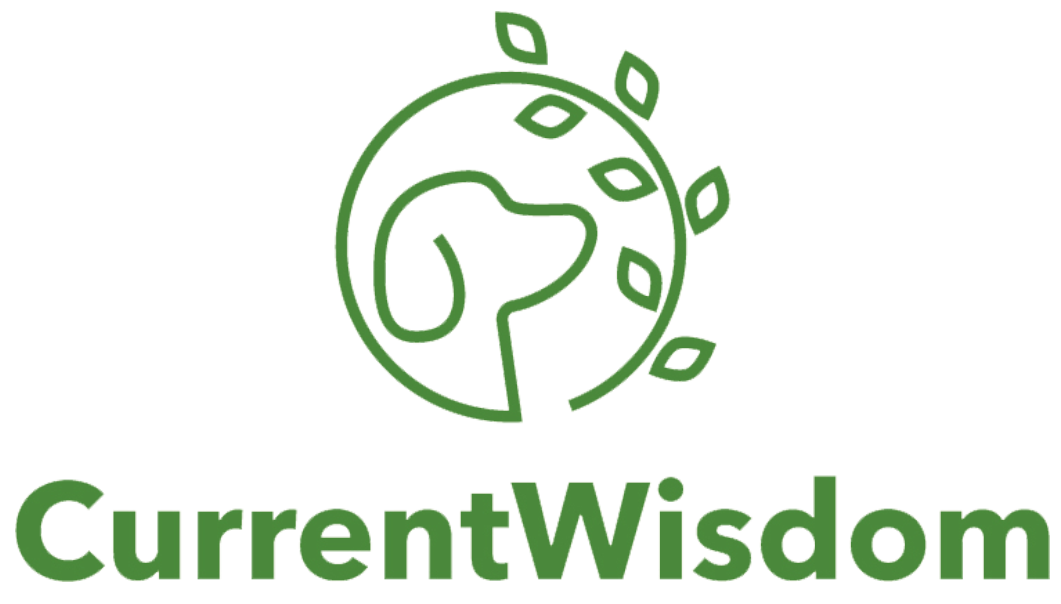You Did What?

When folks learn that I have started to work at Amazon (specifically Amazon Web Services) I usually get the crooked stare, quiet laugh and “you went to the Dark Side!” exclamation.
In Startup Land, there are two things a “real” entrepreneur never does: Works at a large company or joins a venture firm.
Except it happens all the time. And, frankly, it’s the biggest load of crap.
But I understand the sentiment. Big companies are viewed as stifling and large venture firms are seen as a place where good entrepreneurs retire and chase dollars instead of innovations.
And, yes, that can be true. But, it is not why I am at Amazon.
Below is the email response I sent this am to someone who accidentally clicked Reply All (damn that button!) and wrote the below:
“Wow, surprised to see Micah take their money. I wonder what turned him. I suspect it would have to be something a bit different from the usual AWS life.”
Haha.
I was turned by a bite from Jeff Bezos in the light of the full moon …
Here is the story (if interested) as I think it’s actually applicable to all founders. Bare with the length.
At the end of last year, I had spinal surgery. Stuck in the house and having seen everything on Netflix, Hulu and Amazon Prime Instant, I had a lot of time to think. The one truth that became self-evident was that I wanted to make a life change. My year at Blurb was coming to a close, and I was thinking about what was next.
I boiled it down to four options:
Start a company
Join a rocket ship company
Invest professionally
Work for a big company
Of the four, I had never worked for a BigCo.
In a grand show of kismet, the time between me making the decision to work for a bigCo and me being hired at Amazon was approximately a week.
Why a Big Company?
About a year or so ago, I was speaking at True University to their Fellows. They were all college kids that had interned for the summer at a True company. They asked me what they should do upon graduating.
“Work for Apple, Facebook, Amazon or Google.” I told them.
“Why would you say that? You’ve been doing startups since the age of 9.” They asked.
“At Facebook, Google, etc you will learn how to operate at massive scale. At Facebook, if you run a test on 1% of the user base, its 14 million people. At Google, it was found that a 0.5 second delay could decrease traffic by 20% Doesn’t seem that bad until you realize that Google serves more than 1.2 trillion search per year (a 2012 stat). Thats 240 billion searches gone. Thats ~2.4 trillion less ads. Average cost per click on Google runs north of a $1. So even at a 1% click rate — conservatively — thats equals more than ~$24 billion in lost annual revenue.
“You will see how disparate large teams work together. You will learn how to write an effective product requirements document. Or an effective email. Then, take that knowledge and make the building of the business part of your startup easier, so you can focus on the parts that you will have the most impact — vision, product, culture, etc.”
It was time to take my own advice. I want to learn what its like to take a $170mm write down with more than $84mm in inventory on a product and turn it into a positive (Echo, FireTV, cultural acceptance of Thinking Big and being ok with failing).
“If everything you do needs to work on a three-year time horizon, then you’re competing against a lot of people, But if you’re willing to invest on a seven-year time horizon, you’re now competing against a fraction of those people, because very few companies are willing to do that.” — Jeff Bezos
I want to learn about how to operate like that. I want to learn what politics at a company of 150,000 is like. I want to know what it is like to help founders with a $200B company.
Is it outside the image that people have painted for me? Yes. Do I care? No.
And, so far, I would do this job for free. I spend every day with founders (many of which I admire). I can now learn what its like to be a founder at a unicorn company, a newly launched hardware startup, all while continuing to dive into my passion around on demand companies. I’ve helped companies raise real money. I helped another get their service in front of 150,000 employees. And, I have helped founders navigate Amazon in a way that is nearly impossible without a friend on the inside.
That’s my job.
So that’s a good thing, too, I suppose.
